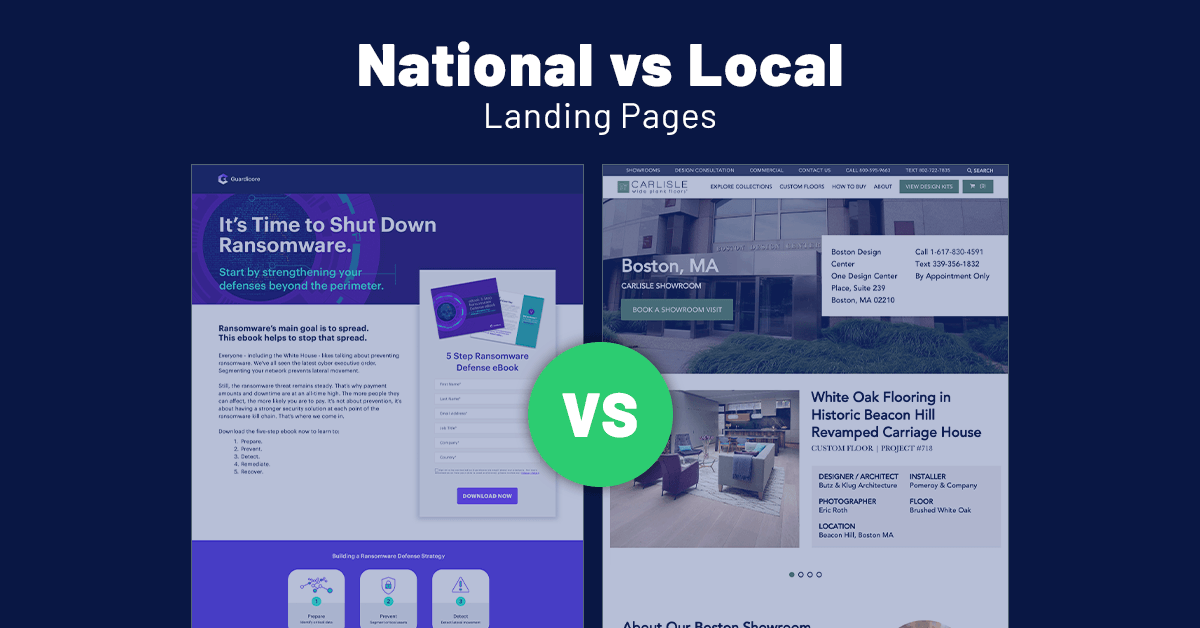Twitter announced via its blog yesterday that the company would eliminate third-party ads in user timelines. While the company will continue to have its own Promoted Tweets appear in user timelines, the new Terms of Service “will not allow any third party to inject paid tweets into a timeline on any service that leverages the Twitter API”.
Back in April, Twitter took an important step in monetizing its business model when it announced the launch of Promoted Tweets, which the company stated were developed to avoid the traditional web advertising model in order to maximize value for users. Promoted Tweets are organically created by a company such as Starbucks or Virgin, and then deployed on a larger scale by insertion into user timelines, but the company makes it clear that “Promoted Tweets must meet a higher bar—they must resonate with users”.
Twitter’s message is that the move to ban third-party advertising in user timelines is designed to promote and protect user value, but many will see the move as a way to create a barrier to new forms of monetization derived from Twitter. The company stated that Promoted Tweets are done in a manner that “preserves the integrity and relevance of the timeline” and that “third party ad networks are not necessarily looking to preserve the unique user experience Twitter has created”. However, it can also be seen that the company is not thrilled about sharing this new revenue stream with other companies: “We don’t believe we always need to participate in the myriad ways in which other companies monetize the network”.
Consumers will likely benefit from this decision, largely because multi-party ads in user timelines could create confusion, especially if no thought is given to targeting content to specific segments of users. The decision to ban third party paid tweets means limiting the annoyance of customers – having only one company engaged in paid tweets should result in a decreased volume of ads in timelines. In addition, Promoted Tweets are clearly labeled as such, which should reduce the confusion of users about why these appear in their timeline.
Twitter has made comments indicating that the company wants Promoted Tweets to resonate with users, “if users don’t interact with a Promoted Tweet to allow us to know that the Promoted Tweet is resonating with them, such as replying to it, favoriting it, or Retweeting it, the Promoted Tweet will disappear”. Rather than measuring if the broad spectrum of users interact with a Promoted Tweet, Twitter should start to measure which segments are most likely to interact with each Promoted Tweet, and use this information moving forward to increase the effectiveness of the Promoted Tweet mechanism. Beyond improving returns for customers, measuring the interaction with Promoted Tweets by segment should also improve the user experience by making the Promoted Tweets seem more useful and less of an annoyance.
If Twitter is not careful to tailor its Promoted Tweets so that they resonate with specific segments or specific users, the usefulness will diminish. Users could be deterred from reading their timeline feeds, or at least become numb to the ads, resulting in wasted investment for Twitter’s advertising clients. If the company carefully targets its Promoted Tweets, either internally, or by allowing users to filter the Promoted Tweets they see in their timeline, the company has a chance to create value for both advertising partners and consumers.
In the end, the decision to ban third party ads will likely benefit users at the detriment of developers. Mashable.com suggests that limiting ads in timelines will be a welcome change for users confused by this new development, but will of course mean that in-stream advertising companies like Adly and Magpie, as well as their clients will have to abandon projects. The fact that ads in timelines will remain, but will be limited to those chosen by Twitter shows that the company’s primary motivation is to keep others from edging in on its revenue territory.





